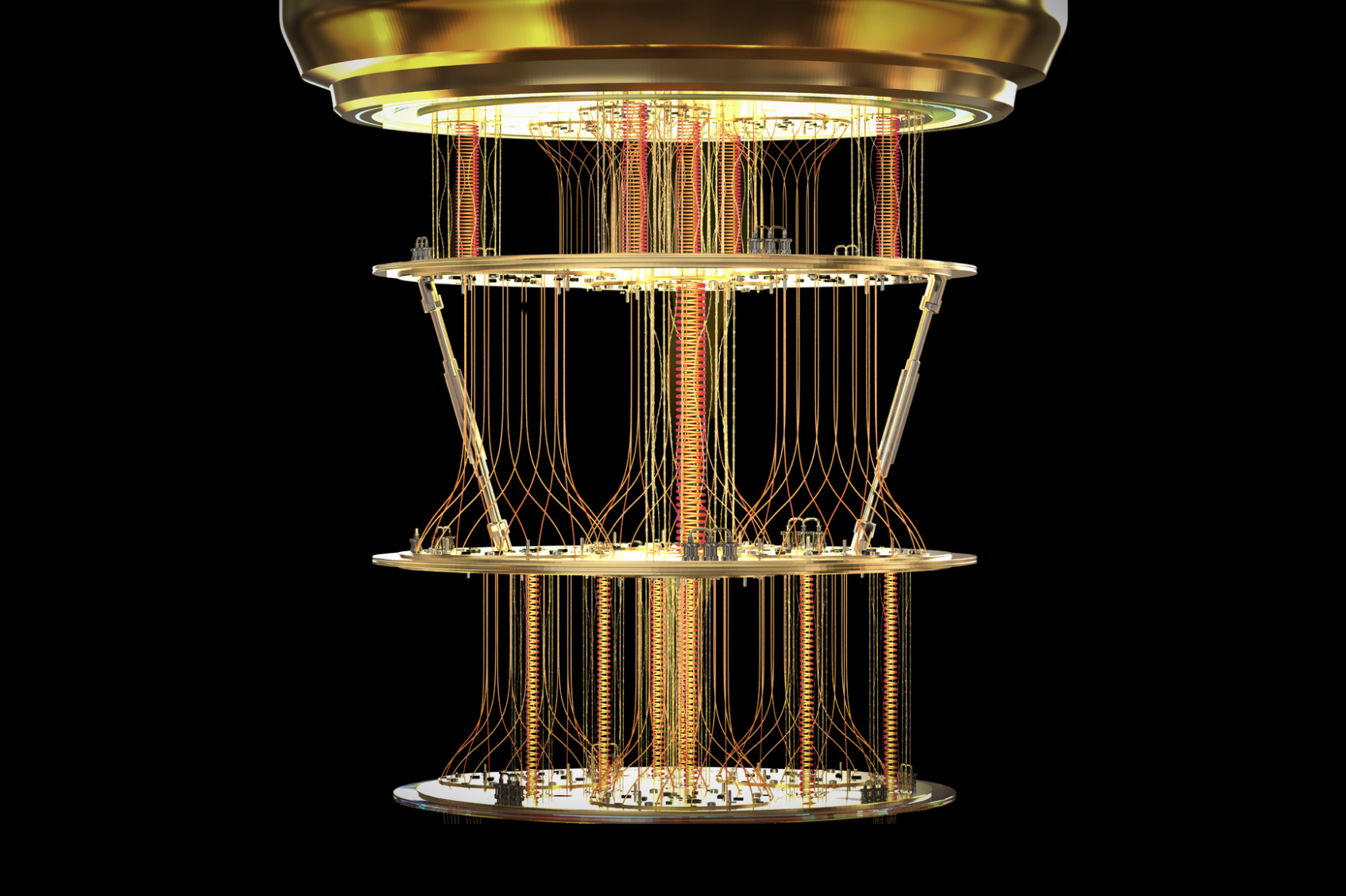Mobile Menu
- Education
- Research
-
Students
- High School Outreach
- Undergraduate & Beyond: Community of Support
- Current Students
- Faculty & Staff
- Alumni
- News & Events
- Giving
- About

A study co-led by University of Toronto researchers and Insilico Medicine has demonstrated for the first time the potential of quantum computing and artificial intelligence to transform the drug discovery pipeline.
“It’s an exciting time to be working at the interface of chemistry, quantum computing and AI. This first-of-its-kind study shows that AI, with the help of quantum computers, can successfully find molecules that interact with biological targets,” says Alán Aspuru-Guzik, who directed the project and is a professor of chemistryand computer science at U of T.
In the new study published today in Nature Biotechnology, the researchers combined quantum computing and generative AI with classical computing methods to create molecules targeting a cancer-driving protein called KRAS, which had previously been considered “undruggable.”
Mutations in KRAS drive uncontrolled cell growth and are present in about one in four human cancers. Despite their prevalence and impact, there are currently only two FDA-approved drugs that specifically target mutant KRAS. However, clinical data show that these drugs extend life by only a few months compared to traditional chemotherapy, highlighting the urgent need for improved KRAS-targeting therapies that can offer more significant benefits for people with cancer
To discover potential new drugs against KRAS, the researchers developed a unique hybrid approach that pairs a quantum computer alongside classical computing methods to design new molecules. They optimized their models by first training them with a custom-built dataset of 1.1 million molecules, including 650 that were previously experimentally validated to block KRAS and 250,000 obtained via the open-source ultra-large virtual screening platform VirtualFlow.
Next, the research team used Insilico Medicine’s generative AI engine Chemistry42 to screen the molecules and identify the 15 most promising candidates for lab testing. Of the 15, two molecules stood out for their strong ability to target multiple different versions of mutated KRAS in live cells, highlighting their potential as anti-cancer drugs.
“With computational approaches like this, we have the potential to shorten the preclinical phase of drug discovery by years,” says Igor Stagljar, a co-investigator on the study and professor of biochemistry and molecular genetics at the Donnelly Centre at U of T’s Temerty Faculty of Medicine.
Traditional approaches to drug discovery have relied on testing libraries of existing compounds to find ones that are active against a specific target protein. As Stagljar notes, these methods are costly, time-consuming and logistically difficult.
“It’s much easier when you can screen everything in the cloud because you don’t need the physical space to store the chemical libraries and the robots to do the large screens,” he says.
While these results demonstrate the potential of quantum computing to accelerate the early stages of drug discovery, they stop short of showing that the molecules discovered using this approach are more effective than molecules identified through classical methods.
“Even though we show that a quantum computer can help with drug discovery, that doesn’t mean it is better than a classical computer at the task. This is a proof-of-principle study but does not provide any sign of significant quantum advantage,” says Aspuru-Guzik, who is also director of U of T’s Acceleration Consortiumand a member of the Vector Institute.
“This paper shows that quantum computers can be incorporated into modern accelerated AI-driven drug discovery pipelines. And as quantum computers grow in power, our algorithms will hopefully perform better and better.”
The project was led by Mohammad Ghazi Vakili and Jamie Snider from Aspuru-Guzik and Stagljar’s groups, respectively, along with Christoph Gorgulla, a faculty at St. Jude Children’s Research Hospital.
Building on the success of their study with KRAS, the researchers are now applying their hybrid quantum-classical model to other undruggable protein targets, with promising results so far. Like KRAS, these proteins are often small and lack the contours on their surface that allow drugs to bind easily.
The team is also using their hybrid model to optimize the design of the two top candidates against KRAS, with the goal of moving these compounds to further preclinical testing in animal models.
The collaboration between U of T and Insilico Medicine was facilitated by the Acceleration Consortium, which brings together academia, industry, and government to accelerate the discovery of a wide range of materials and molecules using AI and automation.
“As many as 85 per cent of all human proteins are thought to be 'undruggable,’” says Alex Zhavoronkov, one of the study’s co-authors who is also the founder and CEO of Insilico Medicine. “This is a major challenge facing the development of new cancer treatments, and one that AI is uniquely positioned to help.”
“The collaboration between U of T and Insilico Medicine is a great example of how the startup and university ecosystems can leverage our collective expertise to drive progress toward better health for all.”
This study was supported by funding from the Canada 150 Research Chairs program, Canadian Institutes of Health Research, Cystic Fibrosis Canada, Defense Advanced Research Projects Agency, Genome Canada, Natural Resources Canada, Ontario Genomics Institute, Ontario Research Fund and philanthropy. Research at the Acceleration Consortium is enabled by funding from the Canada First Research Excellence Fund.

